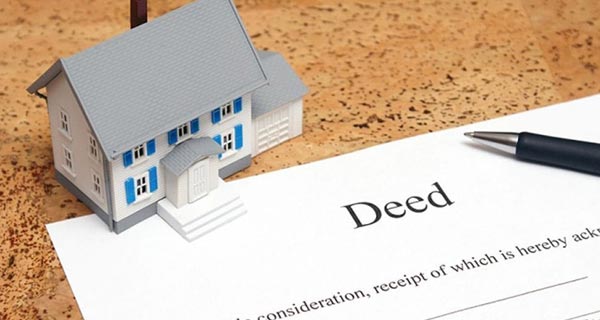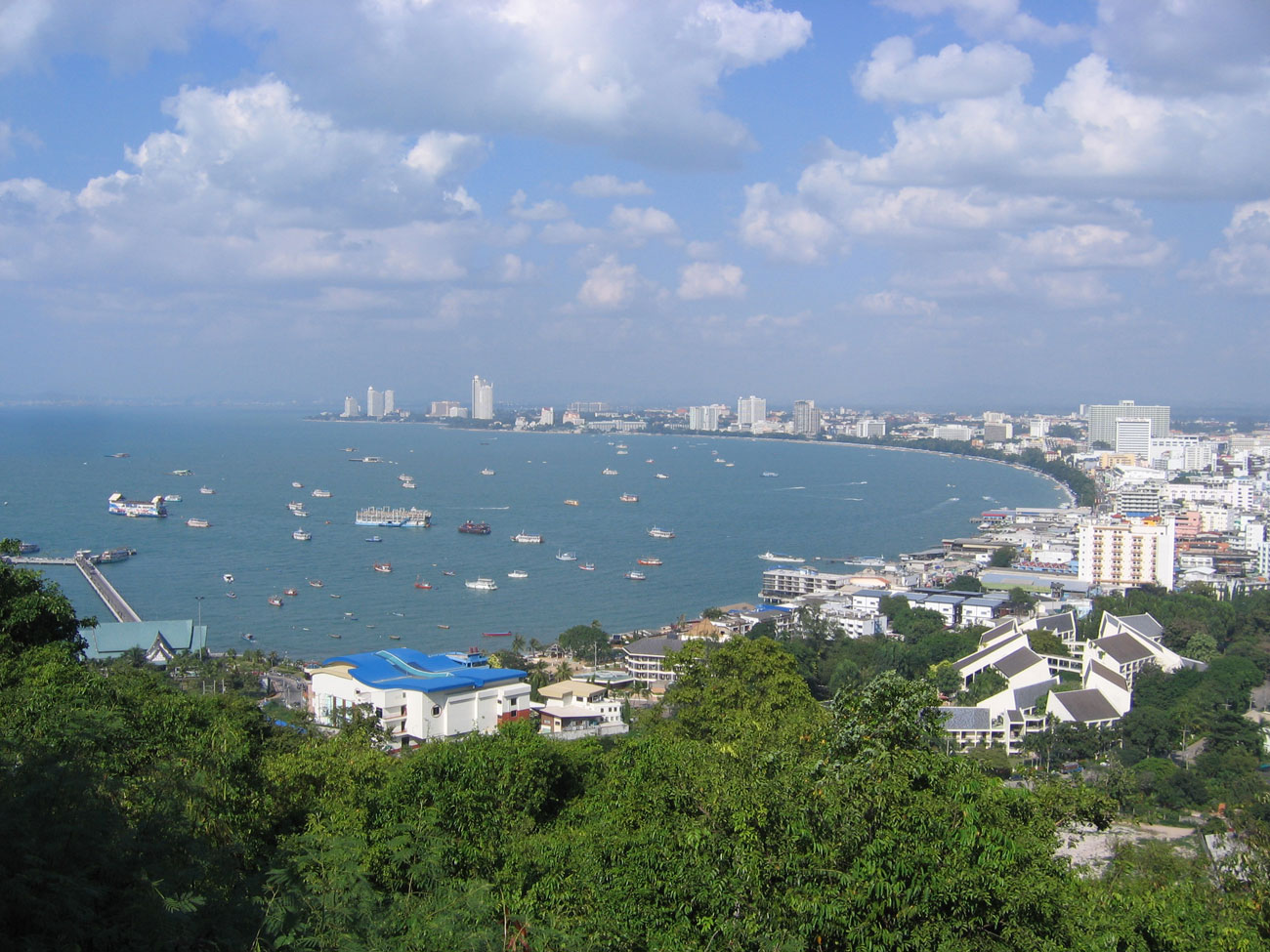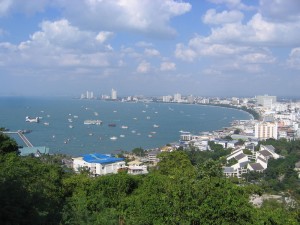Some of the most crucial factors to take into account when examining a sales contract in Thailand include:
- The description of the goods or services, along with any requirements for quantity or quality standards, should be included in the contract. It should also outline any assurances or warranties that the seller may have provided.
- Price and Payment Terms: The price of the goods or services, as well as any applicable taxes or fees, should be specified in the contract. It should also specify the terms and circumstances of payment, such as the due date, the mode of payment, and any late payment fines.
- Delivery Requirements: The contract should outline any packing, shipping, and insurance specifications as well as the location and time of delivery. It should also specify each party’s obligations with regard to delivery, including who is in charge of loading and unloading the cargo.
- Intellectual Property Rights: The sales contract should contain clauses that safeguard these rights if it deals with intellectual property, such as patents, trademarks, or copyrights. This could involve limitations on how the intellectual property is used or reproduced, as well as rules for ownership transfers or license agreements.
- Liability and indemnity: The contract should outline each party’s obligations and liabilities in the event of a breach, as well as any indemnity clauses to guard against financial losses or other damages.
- Contracts should have clauses describing how conflicts will be resolved, such as through arbitration or mediation. In the event of a legal issue, it should also indicate the ruling legislation and jurisdiction.
- Trade secrets or client data are examples of sensitive or confidential information that should be protected from unauthorized disclosure or use by the sales contract’s confidentiality and non-disclosure clauses.
In general, a review of a sales contract in Thailand should make sure that the agreement complies with Thai law and safeguards the interests of all parties. It is advised that when examining or creating a sales contract, you obtain the counsel of a licensed attorney with experience in Thai contract law.







 The Thai government has become very vocal about property developers who are under-declaring the property values during a sale in order to lower the property transfer taxes payable. In the Thap Sakae district the Revenue Department has been asked to step into investigate tax fraud with regard to the transfer of property in the region.
The Thai government has become very vocal about property developers who are under-declaring the property values during a sale in order to lower the property transfer taxes payable. In the Thap Sakae district the Revenue Department has been asked to step into investigate tax fraud with regard to the transfer of property in the region.
 If you have ever thought of retirement in Thailand then you only need to look at where foreigners own property. Currently according to the Thai Land Department 30% of all land in Hua Hin and Pattaya belong to foreigners either in the name of a nominee or in the name of their Thai wife. The Auditor-General Sriracha Charoenpanit stated that at this rate property in the future will become very expensive for your average Thai citizen.
If you have ever thought of retirement in Thailand then you only need to look at where foreigners own property. Currently according to the Thai Land Department 30% of all land in Hua Hin and Pattaya belong to foreigners either in the name of a nominee or in the name of their Thai wife. The Auditor-General Sriracha Charoenpanit stated that at this rate property in the future will become very expensive for your average Thai citizen.
 Over the years there have been a number of land scams in Thailand. The biggest and best known was the land scam in Samui where developers in Koh Samui has been selling /transferring more
Over the years there have been a number of land scams in Thailand. The biggest and best known was the land scam in Samui where developers in Koh Samui has been selling /transferring more